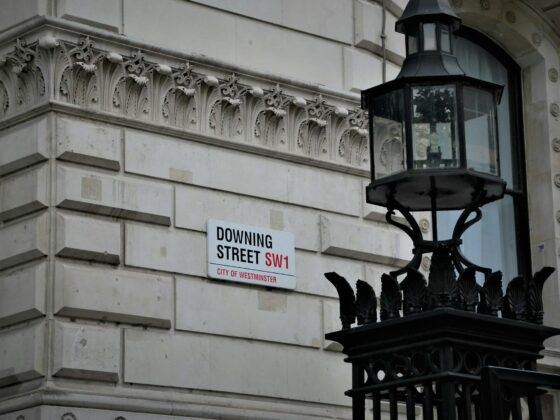
Announced today (17 July) as part of the King’s Speech, the bill will be introduced during the first 100 days of the new parliament and is described by the Government as being ‘the biggest upgrade to workers’ rights in a generation’.
Under the legislation, zero-hour contracts will be banned with all workers instead required to receive a contract that reflects the number of hours they regularly work.
All workers will also be entitled to ‘reasonable notice’ of any changes in shift with proportionate compensation for any shifts cancelled or curtailed.
‘Fire and rehire’ and ‘fire and replace’ practises will also be abolished, which will be done by ‘reforming the law to provide effective remedies and replacing the previous Government’s statutory code’.
Elsewhere, the bill will introduce requirements for all workers to be entitled to parental leave, sick pay and protection from unfair dismissal from their first day in a new role, although employers will be able to operate probationary periods while they assess new hires.
The lower earnings limit on Statutory Sick Pay will also be removed with the three-day waiting period set to be scrapped.
Additionally, the bill will introduce stronger protections for new mothers by making it unlawful to dismiss a woman who has had a baby for six months after her return to work; and simplify the process of statutory recognition, introducing a regulated route to ensure workers and union members have a reasonable right to access a union within workplaces.
In addition to the bill, the Government plans to introduce a what it calls a ‘genuine living wage’ that ‘will account for the cost of living’ and remove ‘discriminatory’ age bands.
In a statement, Prime Minister Keir Starmer said: “For too long people have been held back, their paths determined by where they came from – not their talents and hard work.
“I am determined to create wealth for people up and down the country. It is the only way our country can progress, and my government is focussed on supporting that aspiration.”
‘Significant measures’ to help hospitality achieve its growth potential
While the Employment Rights Bill is likely to have the most direct impact on restaurant businesses, it was one of several key areas of policy announced in the King’s Speech that will have a bearing on the wider hospitality sector.
Others include changes to the planning system, which has been described by UKHospitality as ‘one of the major barriers to business growth’ across the sector in the last decade. Under the Planning and Infrastructure Bill, improvements will be made to the planning system at a local level, with planning committees modernised and local planning authorities’ capacity to deliver an improved service increased.
As promised in Labour’s manifesto, the Apprenticeship Levy will be reformed, and a new organisation called Skills England will be established, which will ‘will work with industry, the Migration Advisory Committee, unions and the Industrial Strategy Council to build and maintain a comprehensive assessment of current and future skills needs’.
Communities will be ‘empowered’ through new ‘right to buy’ measures under the English Devolution Bill, which will allow them to take over valued community assets such as empty pubs; while the Terrorism (Protection of Premises) Bill will require certain premises and events to take steps to mitigate the impact of a terrorist attack and reduce harm in the event of a terrorist attack occurring.
Advertising of junk food to children will be restricted; the law around spiking will be strengthened to ‘improve the police response’; and the Financial Reporting Council is to be replaced with a new regulator – the Audit, Reporting and Governance Authority – with the powers it needs to tackle bad financial reporting.
Responding to the King’s Speech, Kate Nicholls, UKHospitality chief executive, said the next session of Parliament will be ‘essential in kickstarting the growth needed to achieve the Government’s objectives’.
“It’s positive to see significant measures announced today that can help hospitality achieve its growth potential of 6% a year,” she said.
“With bills addressing Apprenticeship Levy reform and improvement of the planning system, I’m pleased that key asks of UKHospitality are being delivered on and that our concerns have been heard loud and clear by the new Government.”
One area of note not mentioned in today’s King’s Speech was business rates reform.
In its manifesto Labour committed to replacing the business rates system in England, and level the playing field between high street businesses and online giants.
“With no mention of business rates in today’s King’s Speech, the autumn fiscal statement is now all the more important to drive the Government’s plan for national renewal and to show clear progress on delivering its manifesto commitment to fix the broken business rates system. Particularly as businesses are facing an end to 75% rate relief next April if action isn’t taken,” Nicholls added.









